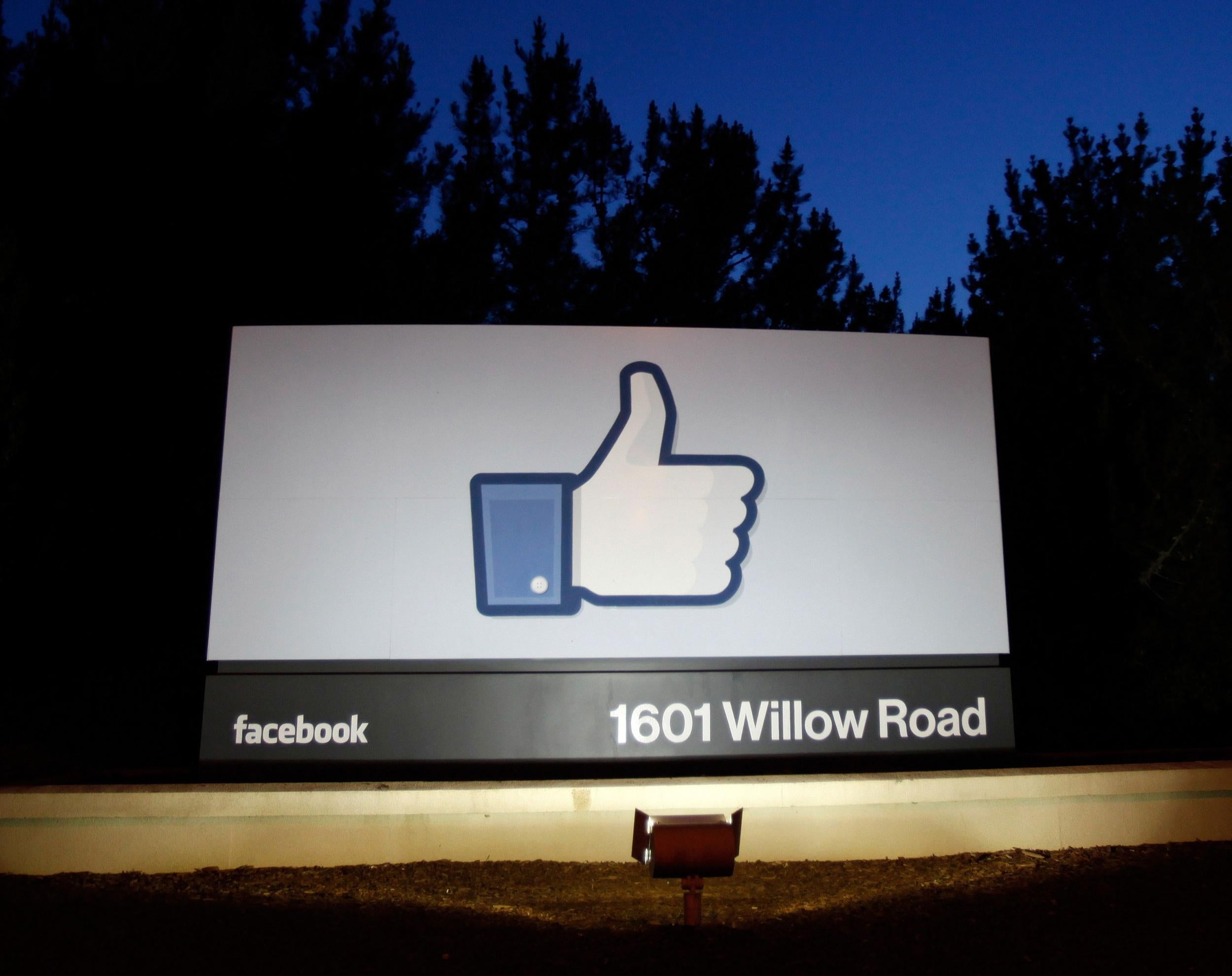YouTuber Kurzgesagt takes Facebook to task over its problem with copyright
Kurzgesagt accused Facebook of profiting from stolen content

Your support helps us to tell the story
From reproductive rights to climate change to Big Tech, The Independent is on the ground when the story is developing. Whether it's investigating the financials of Elon Musk's pro-Trump PAC or producing our latest documentary, 'The A Word', which shines a light on the American women fighting for reproductive rights, we know how important it is to parse out the facts from the messaging.
At such a critical moment in US history, we need reporters on the ground. Your donation allows us to keep sending journalists to speak to both sides of the story.
The Independent is trusted by Americans across the entire political spectrum. And unlike many other quality news outlets, we choose not to lock Americans out of our reporting and analysis with paywalls. We believe quality journalism should be available to everyone, paid for by those who can afford it.
Your support makes all the difference.A prominent YouTuber has accused Facebook of 'stealing' billions of views by taking a lax attitude to copyright infringement and letting down YouTube's content creators.
A video on the Kurzgesagt YouTube channel, which has almost 1.4 million subscribers, takes Facebook to task over alleged copyright infringement on their site.
Kurzgesagt criticises the practice of 'freebooting', which occurs when someone, usually the admin of a popular Facebook page that aggregates viral content, downloads a video from YouTube and uploads it to their own page, without the consent of the creator.
Sometimes they give the original creator a small credit for the video, but they get all of the views.
Kurzgesagt points to one of their own videos, which was uploaded by someone else and amassed 3.1 million views on Facebook in two days, while their post linking to the original video on their own Facebook page only reached 100,000 people.
Many aggregators claim 'freebooting' gives the original creators exposure, but other claim that in practice, all the views (and advertising money) that the original video could have got on YouTube just comes through Facebook instead, where the creator gets no revenue.
Creators can report copyright infringement to Facebook, but often they won't even realise unless someone tells them or their video pops up in their own newsfeed.
Even if they do come across one of their videos, they have to fill out a contact form and wait for Facebook to remove the offending video.
Often the videos are taken down - but not before the video has amassed millions of views.
Facebook says it disables accounts that repeatedly infringe copyright, but some of the worst offenders are still up and running - potentially affecting the revenue that creators get from their content.
The social network has faced this kind of criticism before from YouTubers - the popular channel Smarter Every Day, which has almost 3.4 million subscribers, made its own anti-freebooting video in January.
Hank Green, who appears on the Vlogbrothers channel (2.7 million subscribers), has also taken issue with freebooting, writing a post on Medium that made many of the same complaints as Kurzgesagt has.
Matt Pakes, a video product manager at Facebook, wrote his own post in response, saying that Facebook was "actively exploring further solutions to help IP owners identify and manage potential infringing content," an addition to the Audible Magic system it already uses to identify copyrighted content.
After Pakes' article, Facebook announced in August this year that they were building video-matching technology that would be able to detect when copyrighted content is uploaded to Facebook.
The beta testing of this tech is set to begin and there's still some way to go, but if it's successful, it could be a godsend for creators.
Facebook also announced this summer that it would start sharing advertising revenue with video creators, potentially solving this problem. But at the moment, this scheme is only open to big media companies, and if Facebook isn't careful, extending the revenue sharing scheme could give an even bigger incentive to freebooters.
Join our commenting forum
Join thought-provoking conversations, follow other Independent readers and see their replies
Comments